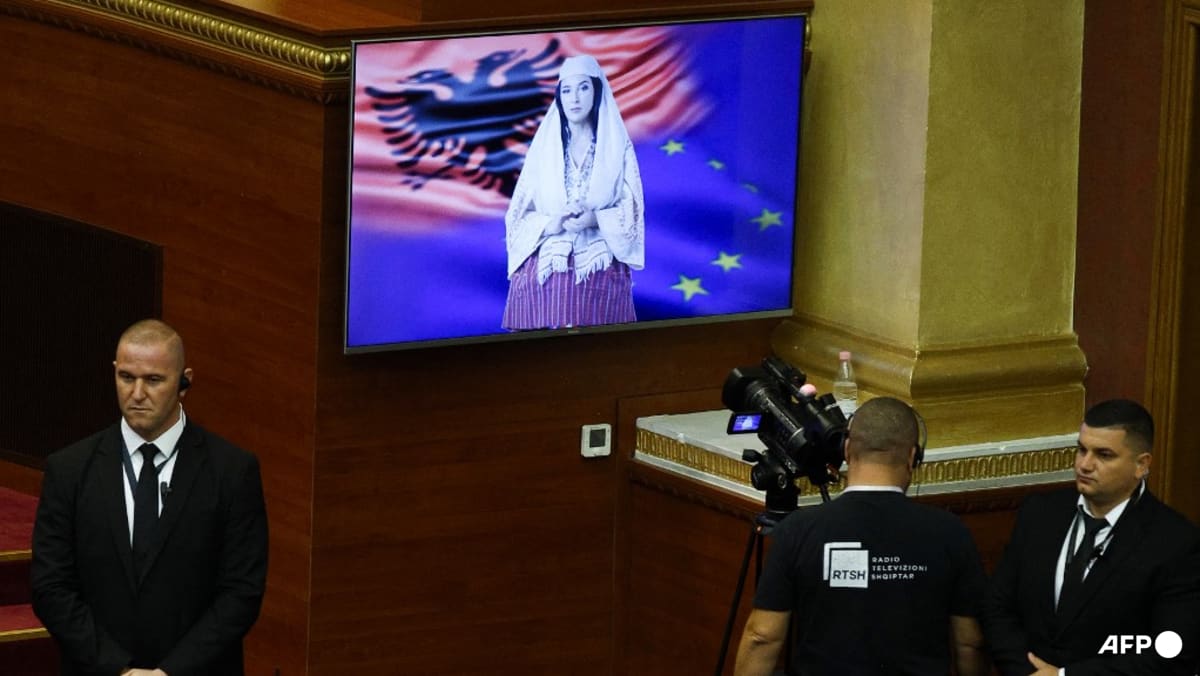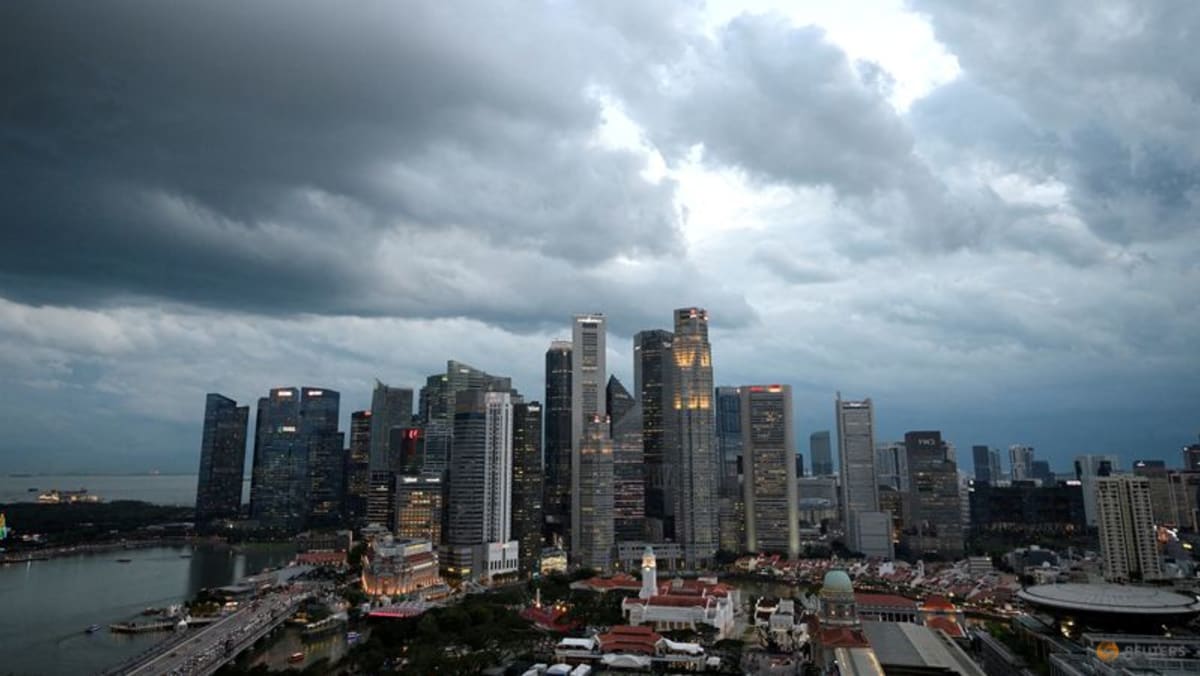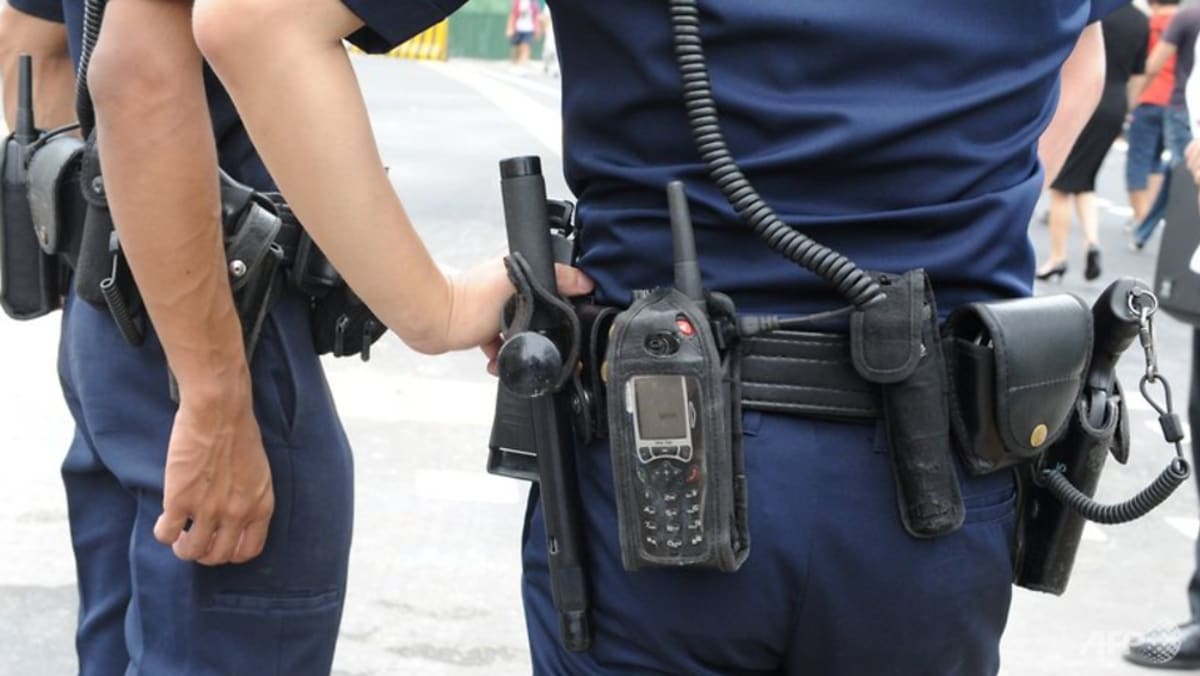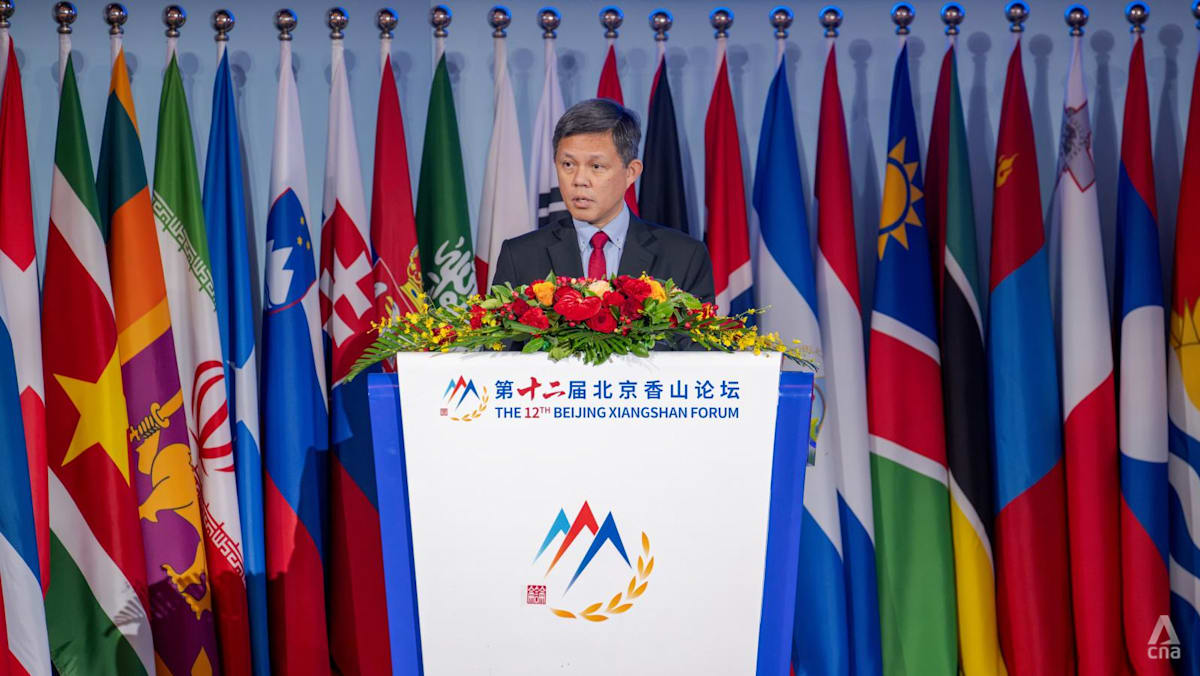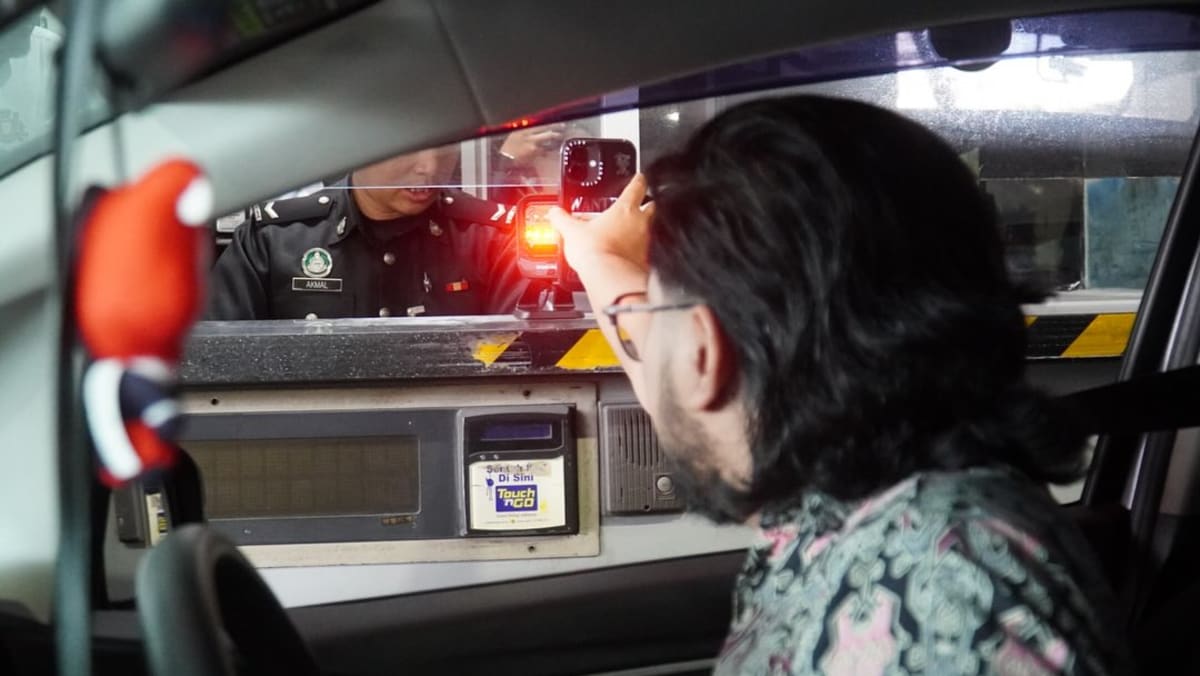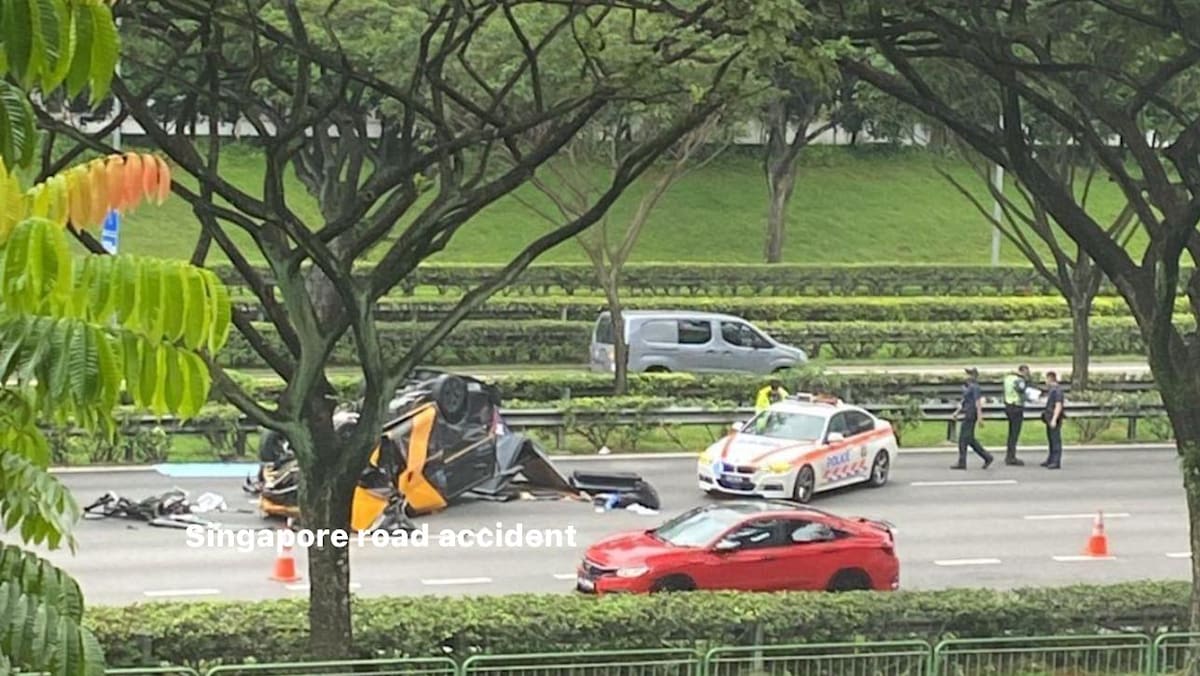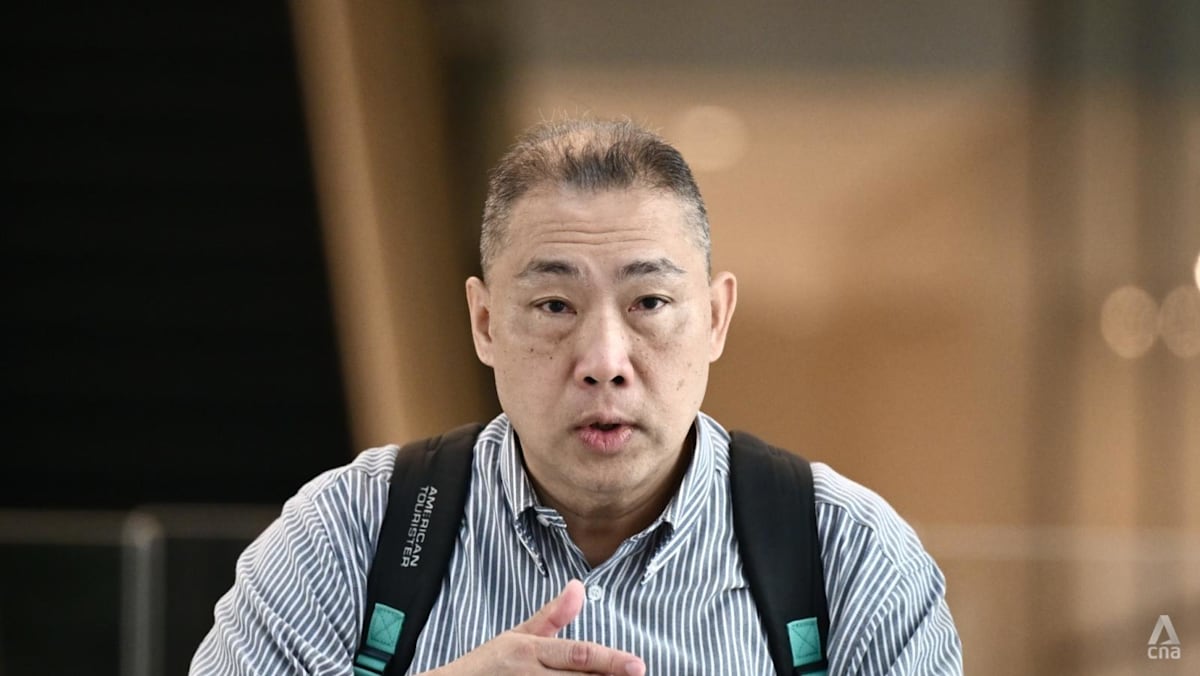ISD also said in its report that since 2002, almost 85 per cent of Singaporeans detained under the ISA have been released after making good progress in their rehabilitation. Of the 46 who were issued with Restriction Orders, 39 have had their orders lapsed.
“Most of them have also embarked on pro-social pursuits, such as upskilling themselves or taking up stable employment since their release.”
“ENDURING” ISLAMIC EXTREMIST THREAT
Elsewhere in its report, ISD pointed to how the global Islamist terror threat persists, with organisations like ISIS and Al-Qaeda maintaining their enduring intent to conduct or inspire attacks.
“ISIS is resilient and remains one of the world’s largest Islamist terrorist organisations; it has cash reserves of some US$10 million (approximately S$12.9 million) and its fighters number between 1,500 and 3,000 in Iraq and Syria alone,” said the agency in the report.
“In Southeast Asia, ISIS’s virtual or online caliphate poses a salient threat,” said the ISD.
“Its propaganda materials are both opportunistic and localised; they are tailored to exploit external developments, such as the situation in Gaza, and local grievances to reinforce ISIS’s central narrative of armed violence.”
ISIS and Al-Qaeda have also been among the groups inciting others to conduct attacks against Israeli and Jewish interests, as well as those of countries seen as supporting Israel, since the re-escalation of the Israeli-Palestinian conflict.
Closer to home, a pro-ISIS TikTok user in March this year issued a poster titled The Call to Truth, which labelled various regional countries’ governments, including Singapore, as “apostate” for oppressing Muslims, and urging Muslims to “take up arms” against those countries.
And on Aug 21 last year, Indonesian authorities arrested Indonesian militant Yudi Lukito Kurniawan in Sulawesi, Indonesia, on terror charges.
The former Jemaah Islamiyah (JI) member had been tasked by terror group Al-Qaeda in the Arabian Peninsula in 2014 to lead an attack targeting the Singapore Exchange (SGX).
It was intended as an indirect strike against the United States, with Singapore deemed as an ally of the US and geographically closest to Indonesia, said the ISD.
When Yudi attempted to enter Singapore in February 2015 to possibly further the attack plot, he was denied entry due to his JI-related terror activities.
“At the time of his attempted visit to Singapore, the Singapore authorities were not aware of the SGX attack plot,” said the ISD.
This underscores “the fluidity of terror allegiances amongst radicalised individuals given the broad common jihadist goals” of the various groups, noted the agency.

